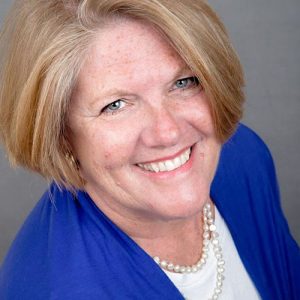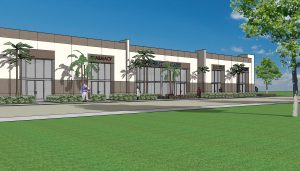Lifelong Learning in a 3.0 World

Before the pandemic, companies, educators and workers used all of the different modalities of lifelong learning. Lectures, pamphlets, books, seminars and continuing education classes were the norm for the last century. And then, those methods were joined by online classes, YouTube videos and college courses offered by institutions from all over the world. What works today, and what does the future look like for those who seek lifelong education?
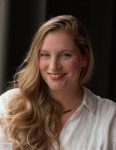
Margaret Wallis, a digital strategist for Cause Inspired, has sought additional opportunities to learn since graduating from Flagler College. In her prior job with VisitStAugustine.com, she took advantage of the company’s opportunities for online education, watched YouTube videos on various topics and even took a coding course from Conn Academy. “It was an easy course. I think it was for kids, but I wanted to learn more about how our website was developed.”
Margaret’s current employer is also located in St. Augustine, but now Margaret works from her home in Palm Coast, providing support to non-profit clients from all over the country. “I’m fortunate that Cause Inspired also believes in lifelong learning. One of our managers plans a session every week. We may watch and discuss a video or learn a new skill from a co-worker.” On her own, Margaret still seeks courses and watches YouTube videos to learn new skills.
Even before the pandemic halted in-person education, companies and workers were gravitating to online learning with courses from LinkedIn, YouTube, SkillShare, Coursera and various colleges. Individuals may have sought new certifications and business skills or simply enjoyed learning. Employers found that, in addition to building more knowledgeable and effective teams, providing opportunities for lifelong learning can help retain valuable employees.
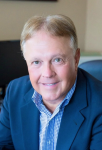
What are those in the First Coast region doing now, and what can they do in the future? For 29 years, Tom Cooke, president and founder of Learning Resource Group in Ormond Beach, has built and operated a company focused on in-person training and education for legacy sales professionals and sales managers. “Until 23 months ago, almost all of our business was live, and 90% of that was in-house at our customer’s facility.” Two years ago this June, Tom’s company had to pivot to deliver these programs virtually.

“This business we are in can never be effectively done digitally and virtually,” said Tom. While his company was able to provide value to their clients during the pandemic, he and his team have seen an increased demand for in-person training for sales managers and these high-level salespeople. His company is again pivoting, this time with pleasure, as they are starting to offer in-person training once again. Still, he recognizes the value of other modalities for the right situation and team. “The major players in my company are self-educating. They read, they study, and they learn from co-workers and from clients.” As Tom put it, “We are really talking about leadership. A fundamental tenet of leadership is a commitment to lifelong learning.”
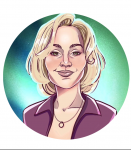
Amylin Castro of Onyx University, Inc. would agree with that. But the modality she is working toward offering is not located near the First Coast. Onyx University is in the metaverse, located only online at
https://onyx.university/feed.
Onyx Founder and CEO Chris Kelly (known as CK) believes the Web 3.0 experience can provide decentralized learning access. Onyx University is as much about access as it is about education. Said Amylin, “CK is about giving accessible learning from everyone to everyone. He calls it being aware. Being aware that opportunities exist and then making them available to everyone.”
Currently, Onyx does not offer courses, but they do welcome learners, teachers, leaders and the curious to join them on campus to learn, share and collaborate while they are building the curriculum. Amylin is clear that Onyx is now in the building stage. In the future, Onyx expects to provide courses in career development and is building a way to create and hold curriculum for people who seek a self-paced education in any field.
“We can certainly offer education that provides an industry certification,” said Amylin. “We can also present courses that are stand-alone.” Onyx plans to offer both peer-reviewed courses, as well as seminars and classes from consultants, such as Russ Barnes of the Purposefully Profitable Podcast.
While participants in Onyx will meet and collaborate in the virtual campus, not all classes will be taught there. When asked, Amylin said, “We are all discovering this stuff. We are making it up as we go along and following and learning from each other.” Classes aren’t being offered yet, but they expect to upload curriculum and have prototypes working around August. “We aren’t charging for classes at the start. We are building our community and gathering the people, so we have all the tools we need.”
Many of the next generation are already comfortable in the metaverse. (So much so that Ralph Lauren now sells digital clothing for avatars.) Is Onyx University the future of education? CK of Onyx believes that Web 3.0 can be used to create accessible educational opportunities for people from all over the world. There is no reason some of them can’t be from Florida’s First Coast.
Echoing both Margaret and Tom, Amylin says, “We will be learning forever.”
